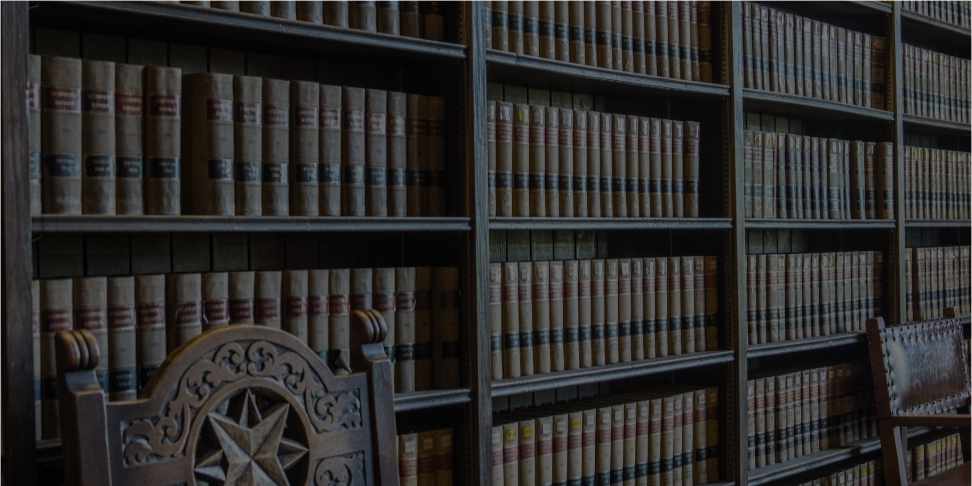While making the decision to file bankruptcy is difficult, it may also be hard to choose the kind of bankruptcy that is best for you. For the average consumer, there are two types of bankruptcies that are available. Chapter 7 Bankruptcy and Chapter 13 bankruptcy. While both can provide relief from creditors, they have very different features that make them desirable.
Chapter 7 bankruptcy is a much quicker form of bankruptcy but has limitations. Under Chapter 7, a debtor can eliminate qualifying debt including credit cards, medical bills, personal loans, repossessions, foreclosures, and any other unsecured debt they may have. The entire process usually takes around 4 months to complete and usually involved only one court hearing.
However, Chapter 7 has certain income limitations. If your income is too high, you may not qualify to file a Chapter 7 bankruptcy. The court will look at your income for the amount of people in your household and determine whether it is too high. Also, Chapter 7 does not eliminate debt that is secured by collateral such as a car or home loan. For many who are behind on mortgage or car payments, Chapter 7 bankruptcy will only provide temporary relief and will not permanently save those items.
If your income is too high to qualify for a Chapter 7 or you own a home and are behind on payments, Chapter 13 may be your best option. Under a Chapter 13, the income limitations are eliminated for most borrowers. However, a Chapter 13 lasts a minimum of 3 years and is a reorganization bankruptcy. As a reorganization bankruptcy, a debtor is required to set up a monthly budget and make monthly payments to the trustee. The trustee will then take those payments and distribute them to creditors. Through a Chapter 13 bankruptcy, creditors will be paid a percentage of what they are owed and you may be able to catch up on past-due payments on your home mortgage, taxes, or other secured debt that is not addressed in a Chapter 7 bankruptcy.
While these are some of the most common differences between a chapter 13 and a chapter 7, contact a riverside bankruptcy attorney for a free analysis of your best options and how bankruptcy may be able to benefit you. Call now at (877) 346-7411.

